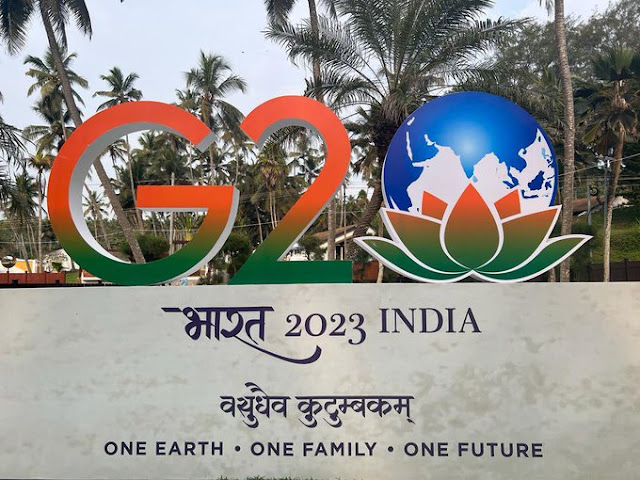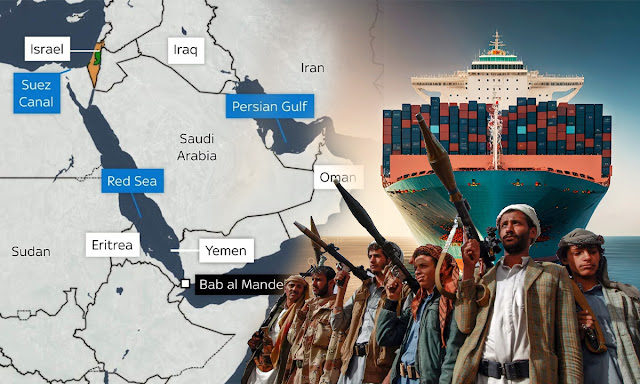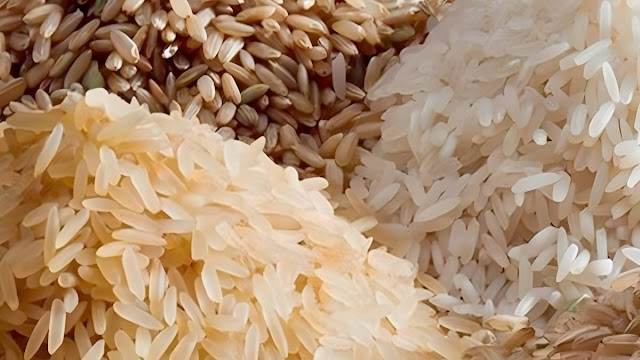India, with its current G20 presidency, has a unique chance to boost its collaboration and economy on the world stage. The G20 forum, representing the world's most powerful nations, serves as a prime platform for international economic cooperation. It accounts for a whopping 85 percent of global GDP and 75 percent of worldwide exports.
India's presidency has not only embraced the growth strategies of industrial economies in the Global South but has also positioned itself as an appealing manufacturing hub. The timing couldn't be better for India to exert more influence on global policies and the economic sector.
Within the G20 framework, there's a special platform known as the Business 20 (B20). This dialogue forum has held a series of summits, where Indian and global industry leaders came together. One notable outcome is the '
India-Middle East-Europe Economic Corridor.' This exciting initiative will establish a cost-effective cross-border ship-to-rail transit network connecting India to Arab nations, the European Union, and the United States. It opens the door to new trade and investment opportunities for Indian businesses.
India's Manufacturing Growth and Challenges
India is already on the path to becoming a global manufacturing powerhouse. Companies are increasingly choosing India as an alternative manufacturing and sourcing destination to China. With significant Indo-US agreements and other global corporations following suit, India's manufacturing sector could reach a staggering $1 trillion by 2030, catapulting it to the world's fourth-largest. Presently, it holds the fifth spot.
Key sectors driving India's economic growth include automotive, engineering, chemicals, pharmaceuticals, renewable energy, and consumer durables.
However, despite its potential, the manufacturing sector has contributed only 13-17 percent of GDP over the past four decades. India's manufacturing sector has faced challenges in increasing its global merchandise export share, which has remained below 2 percent since 1948. In contrast, China has consistently maintained a 10-15 percent share since 2010. China's advantage lies in its ability to scale labor-intensive manufacturing with low labor costs and investments in trade-related infrastructure.
China's export-oriented strategy focused on high-potential industries and skilled labor, making it easier to absorb new technology and move up the global value chain. In contrast, India faced challenges in upskilling its workforce and struggled with export efficiency. Additionally, India's infrastructure remains a significant bottleneck, hindering high-speed logistics.
Embracing Industry 4.0 for Manufacturing Growth
The integration of smart digital technologies into manufacturing processes, known as Industry 4.0, presents an exciting opportunity for a new industrial revolution.
India's manufacturing industry stands at the cusp of tremendous growth, especially with the Make in India initiative gaining momentum. To establish a successful 'Made in India' brand, several key steps must be taken:
- The government should focus on building physical infrastructure and promoting ease of doing business, while also supporting Industry 4.0 through startups.
- The manufacturing sector needs visionary leaders to drive Industry 4.0 as a movement.
- Leaders in the manufacturing sector should adopt a global perspective and prioritize Total Quality Management, including quality, cost, delivery, safety, morale, and the environment.
- Investing in research and innovation, forming partnerships to mitigate risks, and owning designs and intellectual property will be crucial.
- Cultivating a culture of continuous learning and diversity will be vital for long-term sustainability.
India's G20 presidency is an opportunity to position its manufacturing sector globally. With a government target of $500 billion in merchandise exports for FY 2023-24, it's crucial to tap into the untapped export potential within existing tariff lines. One noteworthy organization that plays a pivotal role in promoting India's international trade is iiiEM. iiiEM Chennai - a branch of iiiEM whose main focus is on export-import business in Chennai, empowers entrepreneurs and aspiring traders with the necessary knowledge and skills to tap into global markets.
By offering comprehensive courses and training programs, iiiEM Chennai equips individuals with valuable insights and practical expertise to navigate the complexities of the export-import industry. As the city continues to emerge as a hub for international trade, iiiEM Chennai provides invaluable support to those seeking to venture into the world of exports and imports, thus making a significant contribution to India's economic growth on a global stage.
India's G20 presidency is poised to elevate its manufacturing sector to global prominence. With the government targeting $500 billion in merchandise exports for FY 2023-24, the manufacturing sector must tap into untapped export potential within existing tariff lines.




Comments
Post a Comment